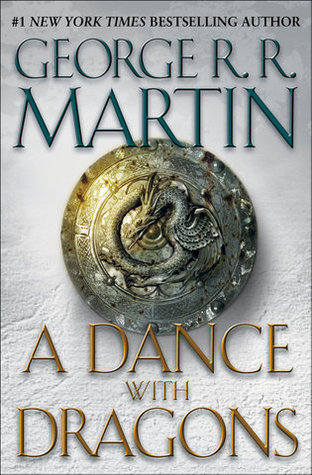They came, they mauled, they won two Cups, and in the process set the NHL back about 20 years. To say that HBO’s recent documentary on the Philadelphia Flyers circa 1967-76 skimmed over some of the gory details would be akin to saying Wayne Gretzky scored a few goals in his career.
While we have to say HBO Sports did yet another commendable job in a genre they are starting to own—TV sports —Broad Street Bullies simply came across a bit hollow, especially to those of us that held the sport of hockey near and dear to our hearts in the 1970s.
Narrated beautifully by the voice of HBO Sports, Liev Schriber, and loaded with some wonderful footage from perhaps the craziest decade in NHL history, Bullies opens with a look at the Flyers entrance into the NHL during the 1967 expansion, that doubled the size of the league from six to 12 teams at the time. We then follow the franchise’s quick ascent to two-time Cup champs in 1974 and 1975.
While the hour-long film certainly doesn’t shy away from the run of terror the Flyers enjoyed during many of those years, the viewer only sees it from the perspective of the men behind the mayhem, those ’70s Flyers. Sure, former Ranger Phil Esposito chimes in along with a couple of hockey writers from the period on a few occasions but it’s a story largely told by the famously pugnacious loons who brawled their way into hockey history.
Sure, HBO Sports President Ross Greenburg made sure to highlight Dave “The Hammer” Schultz, Bob “Hound Dog” Kelly, Andre “Moose” Dupont and the rest of the bandits in orange and black, but the film barely touches on how intensely dirty a player Bobby Clarke actually was, how NBC dumped the NHL after a Flyers/Oakland game during which a Seal’s defenseman was speared in the face (by Clarke) and kind of dodges the embarrassment the league felt after the Flyers’ 1976 game against the Russian Red Army Team. Soviet coach Konstantin Loktev actually pulled his team off the Spectrum ice after the Flyers spent the first 10 minutes of the game in full, all out, head-hunting mode.
The film instead focuses on how this team bonded with the city of Philadelphia, much the way a pit bull does with its owner, and became one of the biggest draws on the road the NHL has ever seen. Both very legit angles, that I’m sure played well in and around Philly, but may have had a few eyes rolling around the rest of the country.
The one point made that no one could argue is how hard this team worked in winning those two Cups—perhaps harder than any team has ever had to. However, the line between dogged pursuit of a championship and criminal physical assault was trampled, not merely stepped over.
Sure Clarke, Reggie Leach, Bill Barber and Rick MacLeish were terrific hockey players who put up big numbers for those Flyers teams, but it’s hard to overlook the cheap shots, vicious stick work and general chaos this team wrought well into the ’80s. The Flyers didn’t bend the rules, they made them up as they went along.
As time went on and it became clear the Cup wasn’t coming back to Philly anytime soon, the Flyers viciousness actually got worse as the decade wore on. Those of us that followed the NHL back then will not-so-fondly recall the names Behn Wilson, Dave Brown, Jack McIlhargey, Dave Hoyda, Glen Cochrane, Ken Linesman and Sandy McCarthy to name but a few.
As Bullies points out on several occasions, those Flyers teams deserved the two Cups they battled so hard to win. No argument there. Underneath the madness was an excellent hockey team. The fact HBO decided to hide the body parts just seems to run counter to Greenburg’s often quoted philosophy of, “emotionally attacking the viewer.” As someone who watched those Flyers teams closely I didn’t feel emotionally attacked during this documentary at all—just robbed of the facts.
Physical hockey to the Flyers wasn’t about intimidation so much as it was about removing opponents from the line-up. Clarke’s hellacious slash that broke Russian super star Valeri Kharlamov’s ankle in 1972 Summit Series against the Soviet Union seemed to open the floodgates for that kind of brutality in Philadelphia. By the mid-70s they had perfected it.
In an era where the sport of hockey was far more brutal than it is today, Bullies seemed to paint a picture of a ragtag group of Canadian kids who won over the hearts of the city of Philadelphia during a rough economic time period there.
For those of us outside of the City of Brotherly Love at least the hour had a happy ending as the Montreal Canadiens are seen sweeping the 1976 Flyers to end their Cup run at two and return a little dignity to the NHL and Lord Stanley’s silver bowl.





